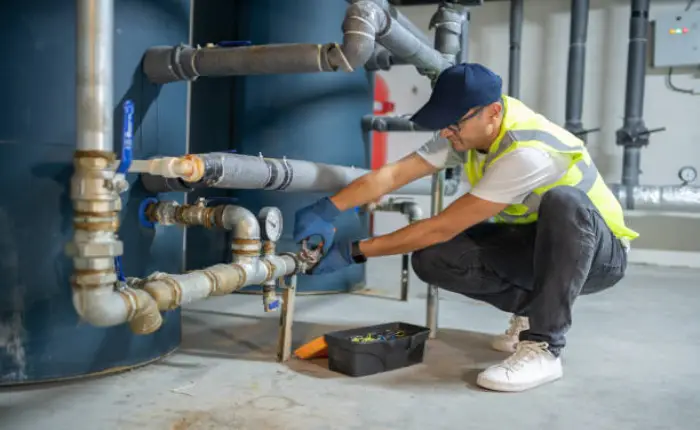You might not realize it, but free AI tools are fundamentally shifting how innovation unfolds in today's market. By breaking down financial barriers, they're giving individuals and startups the chance to compete on a level playing field with established giants. This newfound accessibility is sparking creativity and collaboration in ways we haven't seen before. As you consider the implications of this shift, think about how it might affect your own projects and goals. The landscape is changing, and the next steps could redefine what's possible for you.
Accessibility for Everyone
As technology evolves, ensuring that AI tools are accessible for everyone becomes increasingly vital. Free Artificial Intelligence tools for content creation play an important role in democratizing innovation. You might wonder how these resources enable individuals and small businesses to compete with larger corporations. By providing no-cost options, these tools eliminate financial barriers, allowing anyone with an idea to generate high-quality content.
Accessibility fosters creativity and collaboration, empowering users to experiment and refine their skills without the risk of financial loss. Additionally, as more people gain access to these tools, a diverse range of voices and perspectives emerges, enriching the content landscape. Ultimately, ensuring free AI tools are available to all not only promotes equity but also drives the innovation needed in today's digital world.
Empowering Entrepreneurs and Startups
While many entrepreneurs and startups face significant challenges in securing funding and resources, free AI tools can level the playing field. These tools provide access to advanced technologies that were once only available to larger companies with hefty budgets. By utilizing free AI tools, you can streamline operations, analyze market trends, and enhance customer engagement without incurring high costs.
They empower you to automate repetitive tasks, allowing you to focus on innovation and growth. Additionally, these tools can help you gather valuable insights, making it easier to pivot and adapt your strategies based on real-time data. In this rapidly evolving landscape, embracing free AI tools can be a game-changer, enabling you to compete more effectively and achieve your entrepreneurial goals.
Enhancing Collaboration and Creativity
Free AI tools not only empower entrepreneurs but also foster collaboration and creativity within teams. By utilizing a thorough free AI tools list, you can enhance brainstorming sessions and streamline communication. These tools enable real-time collaboration, allowing team members to share ideas instantly, regardless of their location.
For instance, AI-driven platforms can analyze discussions and suggest innovative solutions, sparking creativity that might not emerge in traditional settings. Additionally, automating routine tasks frees up your team to focus on strategic thinking and creative problem-solving. As you embrace these technologies, you'll likely notice improved synergy
Driving Industry Disruption and Change
By leveraging AI tools, businesses can drive significant industry disruption and change, reshaping their competitive landscapes. The best free AI tools empower you to analyze data swiftly, identify market trends, and optimize operations without hefty investments. These tools enhance decision-making processes, enabling you to respond quickly to shifts in consumer behavior and competitor movements. As a result, you can innovate faster, launching new products and services that meet emerging demands.
Additionally, they facilitate personalized customer experiences, fostering loyalty and engagement. In this fast-paced environment, those who embrace these technologies not only stay relevant but can also redefine industry standards. By integrating free AI solutions, you position your business at the forefront of disruption, ready to seize new opportunities.
Conclusion
As you navigate this rapidly evolving innovation landscape, imagine the possibilities that free AI tools release for you. Picture yourself harnessing these resources, breaking down barriers, and outpacing established competitors. What groundbreaking ideas might you bring to life? With every click, you're not just keeping up; you're setting the pace for change. The question isn't whether you'll innovate—it's how far you'll go. Embrace the tools at your fingertips, and watch the future unfold.


























